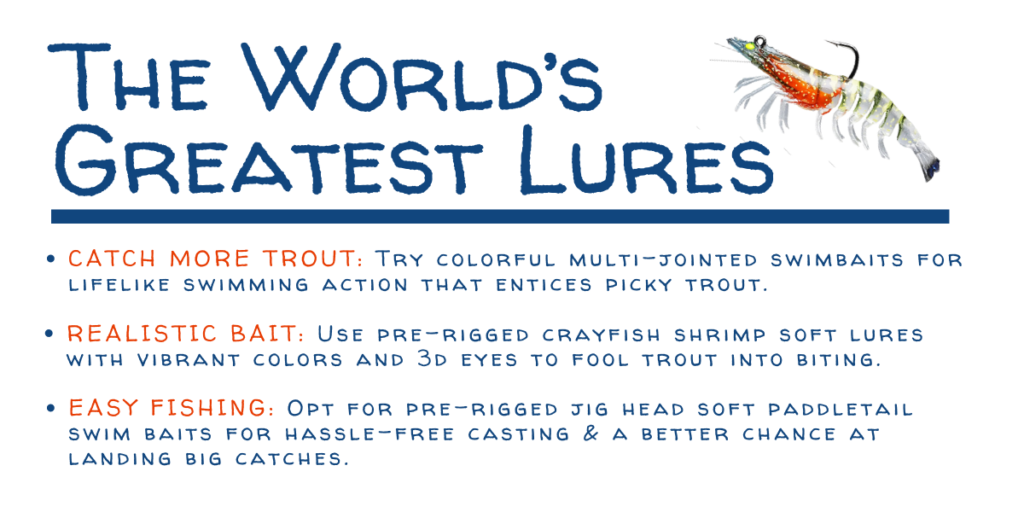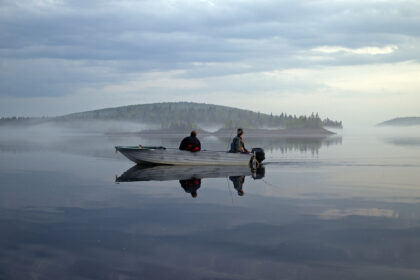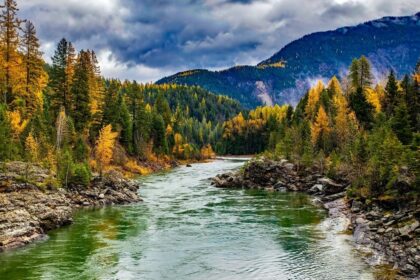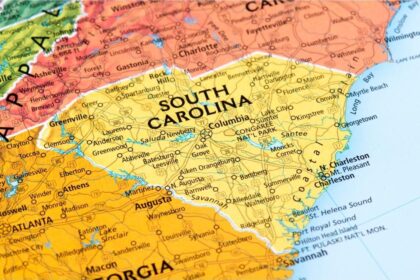2024 Colorado Fishing License
Getting a fishing license in Colorado is a straightforward process that ensures you can enjoy the state’s beautiful waters legally and responsibly. Whether you’re a resident or a non-resident, you can purchase your fishing license online through the Colorado Parks and Wildlife website or at various authorized retail locations throughout the state. The license options include annual, daily, and combination permits, with discounted rates available for seniors, military personnel, and youth.
By obtaining a fishing license, you contribute to conservation efforts and help maintain the health of Colorado’s diverse aquatic ecosystems for future generations to enjoy. Be sure to check the 2024 Colorado Fishing Brochure at for the most up-to-date fishing regulations, size and creel limits.
2024 | Annual* | Habitat Stamp** |
Resident | $41.83 | $12.15 |
Non-Resident | $117.14 | $12.15 |
*This 13-month license goes on sale March 1 every year.
**One required per year with fishing license purchase.

What’s New in 2024
Colorado’s fishing enthusiasts, get ready to reel in the latest updates for the 2024 season! Whether you’re a seasoned angler or just dipping your toes into the sport, staying informed about the state’s fishing regulations is crucial for a successful and enjoyable fishing experience. Let’s dive into the new regulations and essential details you need to know before casting your line in Colorado’s pristine waters.
New Regulations for Certain Properties:
Several key areas in Colorado now have updated fishing regulations to ensure sustainable fish populations and preserve natural habitats. From the West Fork of Clear Creek to Dillon Reservoir, specific rules regarding fishing methods and catch-and-release policies have been implemented. Anglers should consult the latest regulations to avoid any surprises and adhere to conservation efforts.
New Records by Weight and Length:
Exciting news for anglers chasing records! Keep an eye out for the “NEW” tag in the fishing regulation booklet, highlighting the latest records by weight and length. For those aspiring to set new records, visit the CPW website for guidelines on properly weighing and measuring your prized catch.
Know Before You Go:
Before embarking on your fishing adventure, take proactive steps to ensure a smooth experience. CPW recommends disinfecting your fishing gear, familiarizing yourself with statewide and special regulations, and staying updated on local fishing conditions such as water levels and temperatures. Don’t hesitate to reach out to CPW Area Offices for additional information and guidance.

License Requirements for Different Age Groups:
Adults aged 16 and older must purchase and carry a physical fishing license or utilize the My CPW app-accessible license while fishing in Colorado. Residents aged 16–17 can obtain a fishing license at a reduced rate, while those under 16 can fish without a license but may require a second-rod stamp for certain activities. Seniors aged 65 and older qualify for discounted annual fishing licenses or combo licenses.
Second-Rod Stamp and Other License Details:
Anglers looking to use a second rod, handline, or tip-up can do so by purchasing a second-rod stamp. Commercial licenses are also available for individuals engaged in bait fish, amphibian, or crustacean activities. It’s important to note the child support delinquency regulations and armed forces exemption criteria when applying for fishing licenses.
Residency Requirements and Special Programs:
Colorado residents must meet specific residency criteria to qualify for resident fishing licenses. Various programs cater to individuals with disabilities or specific occupational backgrounds, offering free or discounted lifetime licenses. Understanding residency types and providing proper documentation ensures compliance with CPW regulations.
Habitat Stamps and Conservation Efforts:
Habitat stamps play a vital role in supporting conservation efforts across Colorado’s diverse ecosystems. Anglers aged 18–64 must purchase a habitat stamp annually, with exemptions available for certain individuals participating in designated CPW programs. Additionally, CPW emphasizes the importance of responsible fishing practices to maintain healthy fish populations and preserve aquatic habitats.
Bag and Possession Limits:
CPW urges anglers to adhere to bag and possession limits to prevent overfishing and maintain ecological balance. Certain waters have specific regulations regarding fish species and catch limits, so it’s essential to familiarize yourself with local guidelines before heading out.
Conclusion:
As you gear up for your next fishing excursion in Colorado, remember to stay informed about the latest regulations, obtain the necessary licenses, and practice responsible fishing habits. By following CPW’s guidelines and respecting Colorado’s natural resources, anglers can enjoy memorable fishing experiences while contributing to conservation efforts. Happy fishing!






